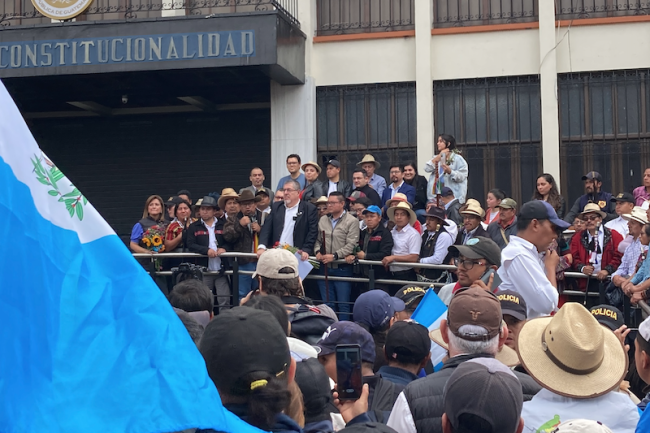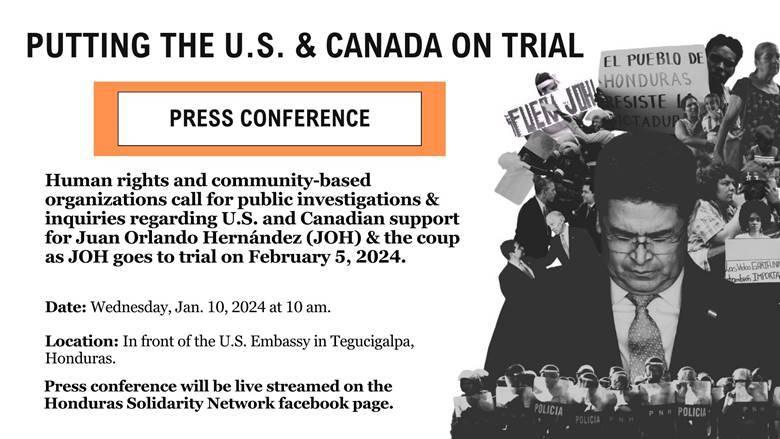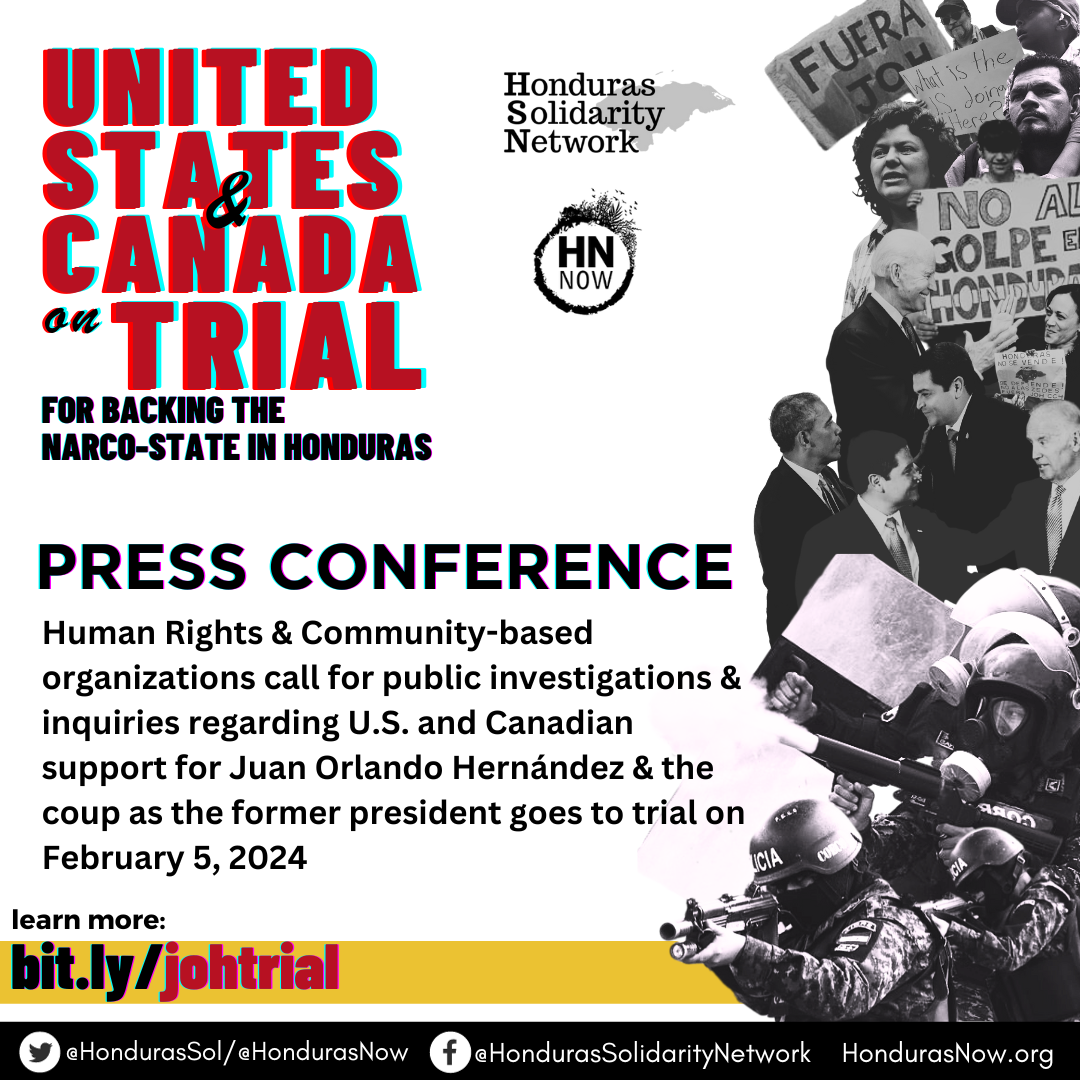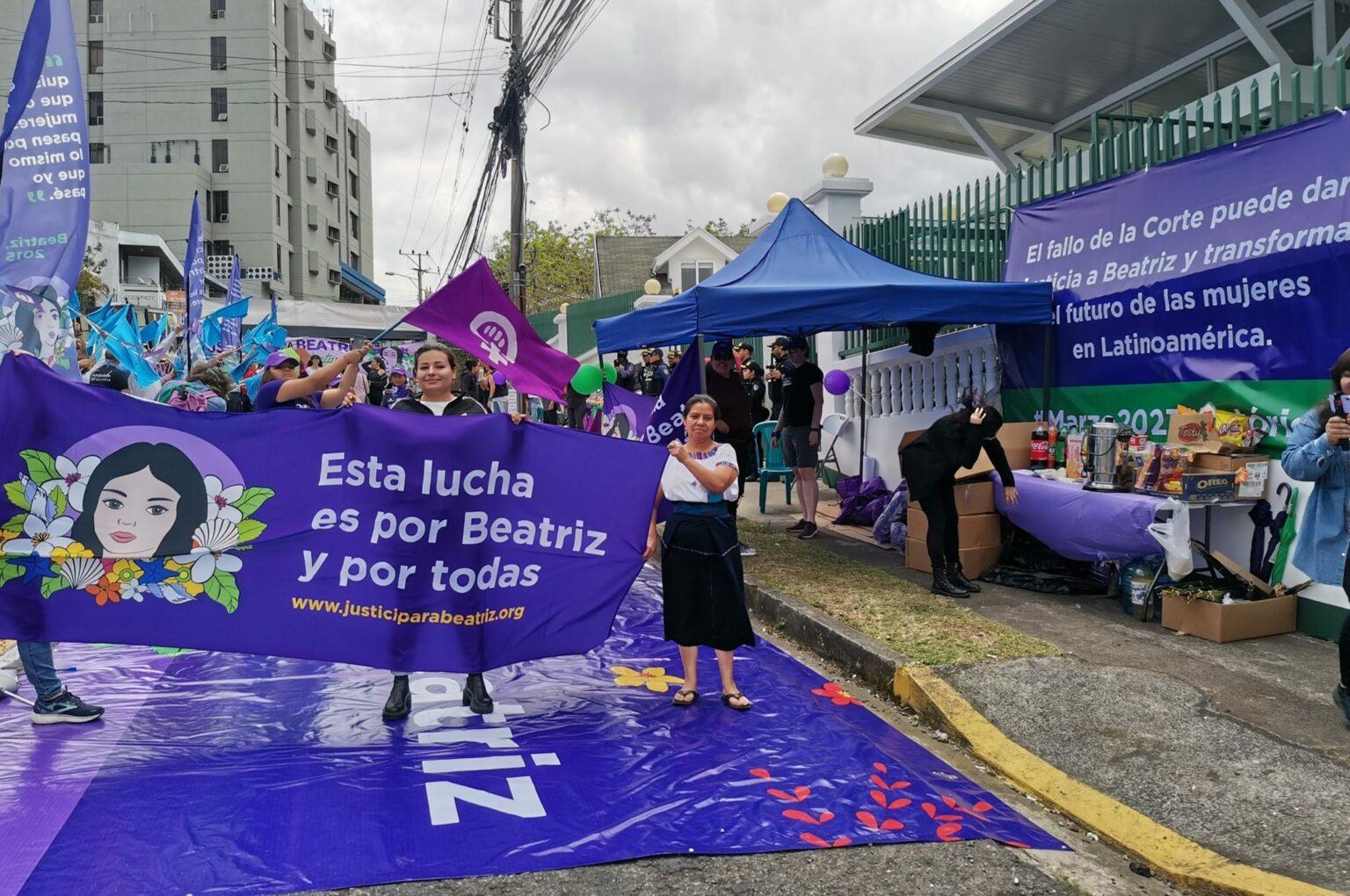As Guatemala's new president, Bernardo Arévalo, prepares to take office amidst challenges to his legitimacy, Indigenous leaders reflect on the past indefinite national strike defending democracy. Despite the Constitutional Court's affirmation and Arévalo's upcoming inauguration, concerns linger over the inclusivity of the new government. The Indigenous-led #ParoNacionalIndefinido successfully mobilized communities nationwide, highlighting the power of Indigenous leadership. The struggle, rooted in historical Indigenous resistance, extends beyond electoral politics. Interviews with organizations involved in the national strike shed light on broader Indigenous struggles in Guatemala, emphasizing the need for structural change and justice beyond the political transition. The disappointment with Arévalo's cabinet appointments underscores the ongoing Indigenous-led resistance and the promise of the future.
- Home
- About Us
- Issues
- Countries
- Rapid Response Network
- Young Adults
- Get Involved
- Calendar
- Donate
- Blog




